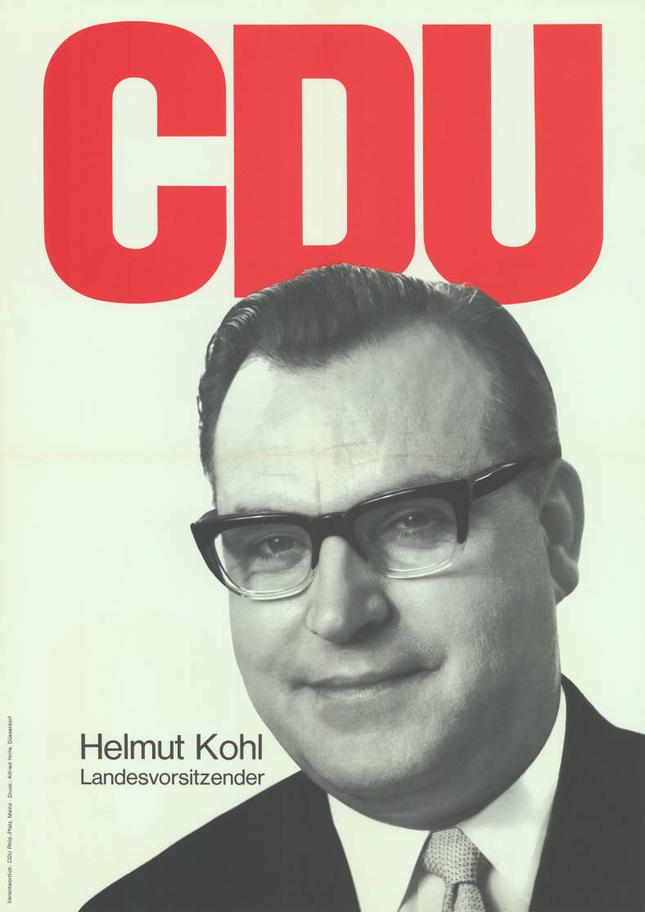“I’m nobody! Who are you?” From poetry’s edge, our senses honed to wine, we move on to the spiritual element of life. We move on to the realm of faith, toward deeper meaning, toward the simple parable, the reduction of vanity.
What do the parables, based on the things we see, mean? How should we interpret and act upon them, to what extent? What questions do they call forth for us, and how could we take these questions seriously?
I think of the form beyond the form of the glass of wine. In a longer lens, the vines grow on a particular place on the spinning globe, receiving life from the rays of the sun that shines upon the earth — the source of the sun itself an important aspect of “that which is.” Call it the divine.
This is what the guy is talking about in Corinthians, that beyond the form of the particular individual, there is that divine reality within ourselves — charitable, long-suffering — that is the form of our own form.
There is “The Grand Inquisitor” scene in Dostoevsky’s “The Brothers Karamazov.” Beyond a sly self-reflective tone that any writer might find familiar, the skeptical interrogator mind is telling the spiritual mind how we’d all be better off with it. This is Ivan, the skeptic brother, talking, feverishly imagining the scene to make his point.
Fortunately for us — else such tomes might never be written — this is followed by another theme. When the youngest brother, Aloysha, views the body of his spiritual elder, Father Zosima, he, too, falls into a dream. Within it, he imagines the Wedding at Cana, the first miracle, of wine, of God’s love (Dostoevsky is careful to point this out) for human joy. Awakening from this dream, Aloysha rises as a fighter. And this is significant.
The passage speaks of the spiritual truth carried within wine, knowledge of a divine love for us, if you will, even such as we are. Wine civilizes the barbarian; it takes the civilized to the next level.
The enjoyment of wine is never far from that basic spiritual context. Wine, whatever the bottle costs, has the same effect. In France, the term for winemaker is vigneron, tender of the vines. The rest happens more or less naturally. I think of humble Eric Bonnet of La Bastide Saint-Dominique in the southern Rhône, growing up around vines, whose wines show that basic good relationship, no egos involved.
Francis came to town, they drove him around in his little Fiat. He met with the poor and children, he visited the White House, he went up to Capitol Hill, he stopped and prayed in venerable churches, he waved to us. The conversational tone of the town changed. The pundits quieted down. He reminded us of the splendor of real humility. Things got real again for a while, and it again became evident: better to serve than be served, and what wine really is all about.


